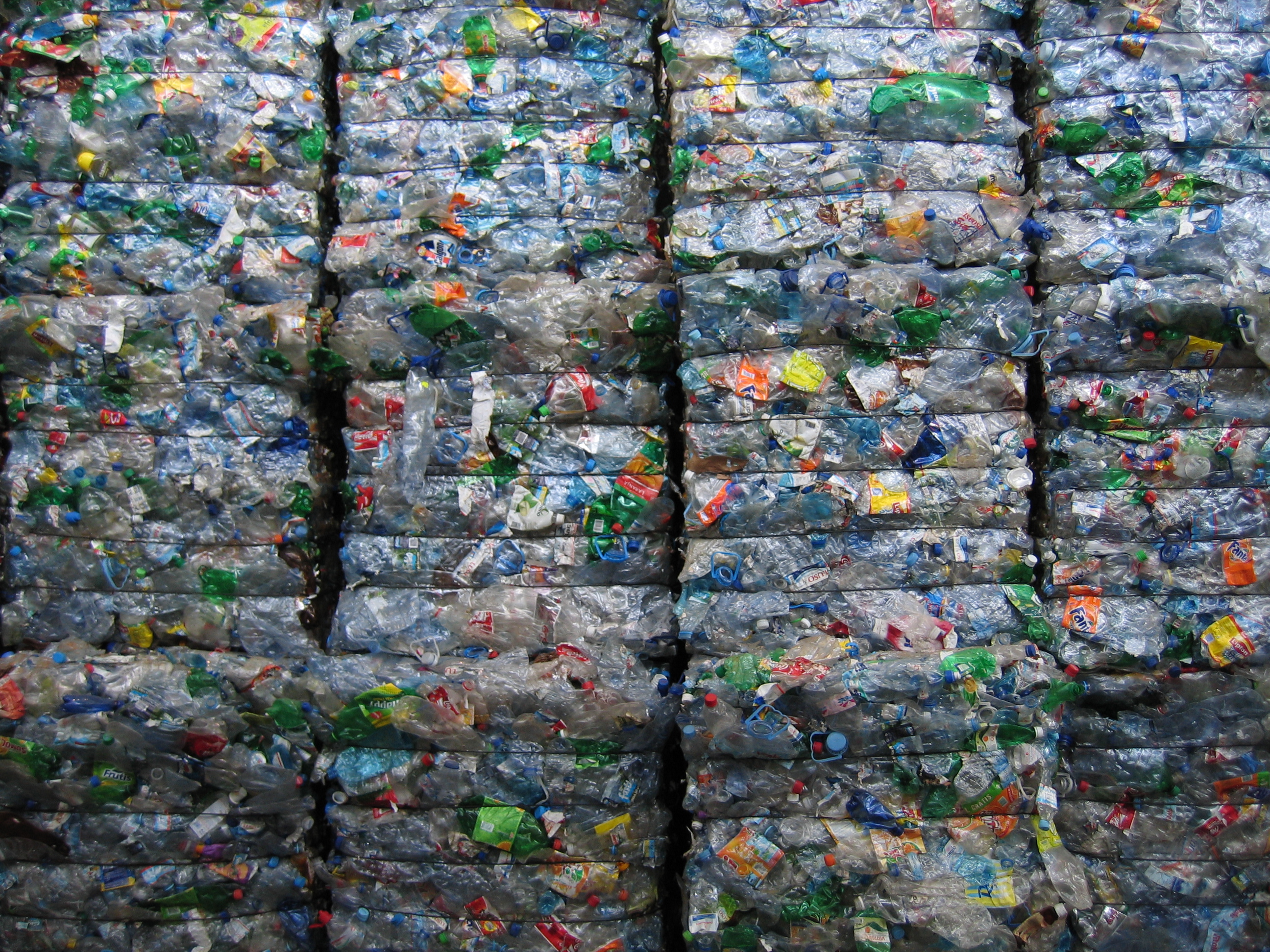
EGF, the company responsible for the treatment and recovery of urban waste in 174 municipalities in Portugal and 60% of the Portuguese population, recorded an increase in the selective collection of packaging (plastic, metal, cardboard and glass) of 6% in 2022 compared to 2021, in a year in which total waste production also decreased by 1%.
The reception originating from the selective collection of packaging (plastic, metal, cardboard and glass) was 377 thousand tonnes, presenting a growth of 6% compared to 2021 (in absolute value, approximately 22 thousand tonnes). The total reception of urban waste in the regions served by the EGF concessionaires decreased by 1% compared to the same period in 2021 (in absolute value, approximately 38 thousand tonnes less).
Greater participation by citizens and consistent investment in vehicles, containers, facilities and environmental education, has allowed EGF and its 11 concessionaires to increase the amount of material sent for recycling.
Separation of bio-waste increases
Food waste and pruning and garden waste already represent 13% of all selective collections, with a tendency to increase as municipalities move towards these selective collections. This bio-waste is transformed into organic correctives, a 100% natural fertiliser used in agriculture. In 2022 29,000 tonnes of this much-needed product were produced for national soils, which allows carbon to be retained in soils and increases rainwater retention, helping to prevent climate change.
Waste generates electricity to supply 110,000 families
Through various technologies, EGF utilities produce electricity from common waste and biodegradable waste. In 2022, 406 GWh were exported to the grid, equivalent to the domestic consumption of 110,000 Portuguese families.
About EGF
EGF is a European company of reference in the environmental sector and leader in the treatment and recovery of waste in Portugal. Integrated in the MOTA-ENGIL Group, it is responsible for ensuring the treatment and recovery of waste in the most environmentally correct and economically sustainable way, contributing to the improvement of the quality of life and of the environment.
Waste treatment and recovery systems are managed by 11 concessionary companies (Algar, Amarsul, Ersuc, Resiestrela, Resinorte, Resulima, Suldouro, Valorlis, Valorminho, Valnor, Valorsul), established in partnership with the municipalities served, which annually process about 3.3 million tons of municipal waste (UW), serving a population of 6.2 million people spread over 174 municipalities, in an area equivalent to 60% of the territory of Portugal.